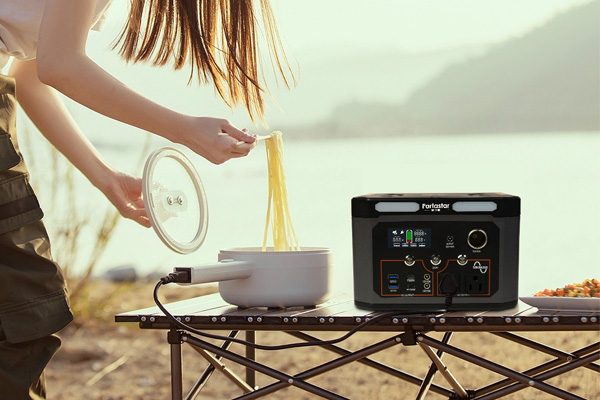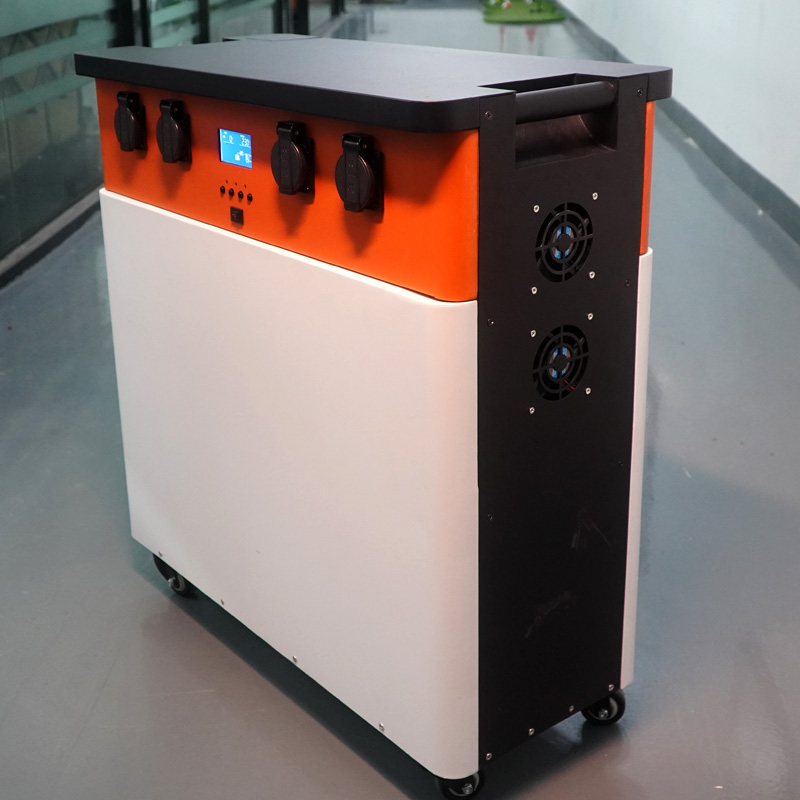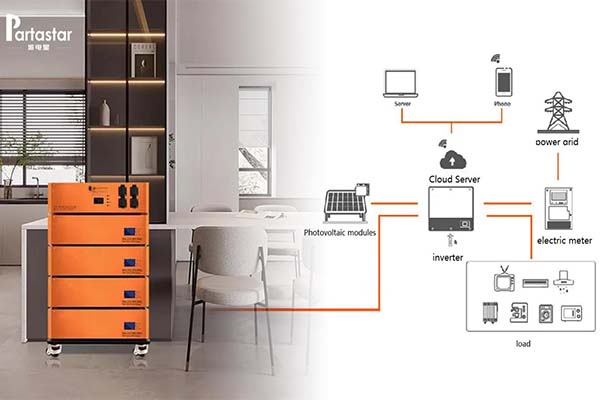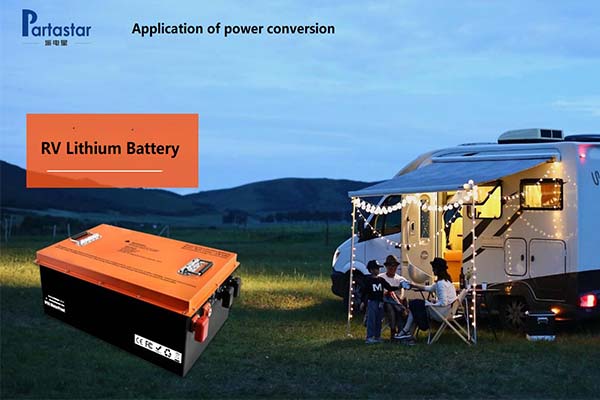A 1000-watt power station is a portable and versatile power source that can power a wide range of electronic devices and appliances. However, when it comes to powering larger appliances such as refrigerators and air conditioners, a 1000-watt power station may not be powerful enough. In this article, we will discuss the power requirements of refrigerators and air conditioners, and whether a 1000-watt power station can handle them.
Refrigerators
Refrigerators are essential appliances that keep our food and beverages fresh and cool. They come in various sizes and styles, but in general, they require a considerable amount of power to operate. The power consumption of a refrigerator depends on its size, age, and energy efficiency rating, as well as the temperature settings and the frequency of use.
According to the US Department of Energy, a typical refrigerator consumes between 100 and 600 watts of power, depending on its size and efficiency rating. A small compact refrigerator may consume around 100 watts, while a large French door refrigerator may consume up to 600 watts. The power consumption of a refrigerator also varies throughout the day, as the compressor and the fans turn on and off to maintain the desired temperature.
A 1000-watt power station may be able to power a small compact refrigerator or a mini-fridge for a limited time, but it may not be able to power a full-size refrigerator continuously. A 1000-watt power station can provide up to 1000 watts of power at peak capacity, but its actual continuous output may be lower, depending on the battery capacity and the efficiency of the inverter.

Air Conditioners
Air conditioners are appliances that keep our homes and offices cool and comfortable during hot and humid weather. They come in various types and sizes, but in general, they require a significant amount of power to operate. The power consumption of an air conditioner depends on its size, efficiency rating, and usage patterns, as well as the ambient temperature and humidity.
According to the US Department of Energy, a typical room air conditioner consumes between 500 and 1500 watts of power, depending on its cooling capacity and efficiency rating. A small window air conditioner may consume around 500 watts, while a large central air conditioning system may consume up to 5000 watts or more. The power consumption of an air conditioner also varies throughout the day, as the compressor and the fans turn on and off to maintain the desired temperature.
A 1000-watt power station may not be able to power a typical room air conditioner continuously, as most air conditioners require more than 1000 watts of power to operate. Even a small window air conditioner may require more than 1000 watts of power during peak usage, which means that a 1000-watt power station may not be able to handle the load. It is important to note that air conditioners also require a stable and consistent source of power, as fluctuations or interruptions in the power supply can damage the compressor and other components.
Conclusion
In conclusion, a 1000-watt power station may be able to power small appliances such as laptops, phones, lights, and fans, but it may not be powerful enough to handle larger appliances such as refrigerators and air conditioners. The power requirements of refrigerators and air conditioners depend on their size, efficiency rating, and usage patterns, as well as the ambient temperature and humidity. A 1000-watt power station may be able to power a small compact refrigerator or a mini-fridge for a limited time, but it may not be able to power a full-size refrigerator continuously. Similarly, a 1000-watt power station may not be able to power a typical room air conditioner continuously, as most air conditioners require more than 1000 watts of power to operate. It is important to choose a power station that suits your needs and requirements, and to check the power consumption of your appliances before connecting them to the power station.



